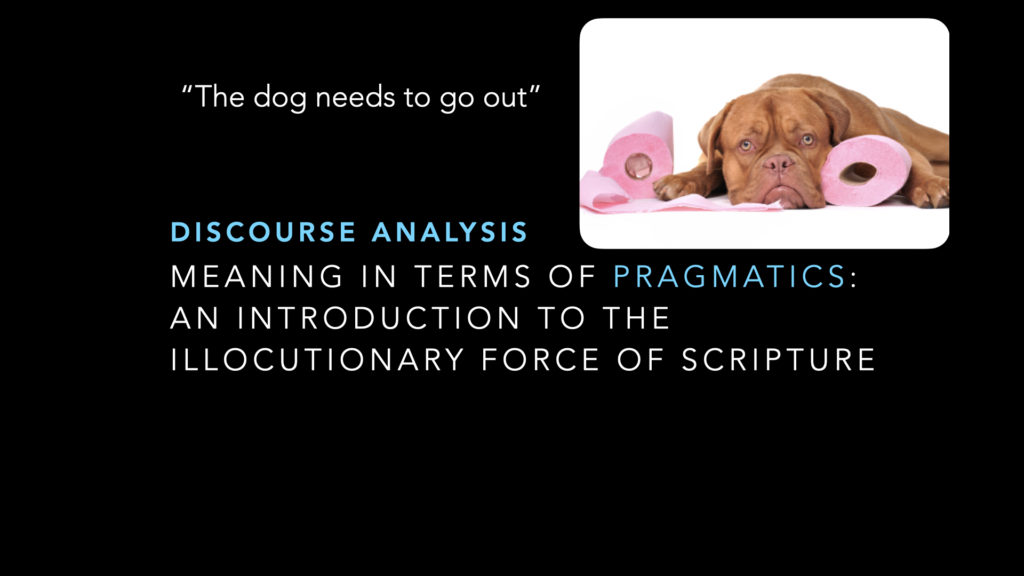
Thanks to Dr. John Soden’s kind offer, for the past year or so we’ve been working together on Kregel Publishing’s soon to be released, Kerux Commentary series, designed especially for preachers. Kerux features a tag-team approach to writing that links an Old or New Testament biblical scholar with a homiletician (preaching scholar/practitioner).
John is a fine Old Testament professor at Lancaster Bible College|Capital Seminary & Graduate School. He has the lion’s share of the work: presenting his exegesis and theological findings for each section. I contribute the Homiletical Author section that helps preachers navigate the journey from text to sermon.
A couple of months ago while writing my HA section it hit me:
I am struggling to move from John’s excellent analysis to the homiletical material because he’s done the spade-work, not me.
I realized that this was the first time in my life I was using someone’s else’s material to prepare a sermon.
To his credit, John is one of those rare exegetes that consistently moves from exegetical findings to theological expressions that are preacher-friendly. That means that he has made my job very easy.
Except for one thing…
In my shepherding ministry in the local church, the Lord has given me the responsibility of doing original study in the text and presenting my findings to my listeners. It’s not that I don’t use commentaries and other sources; it’s just that those supplement my own exegesis and theological and homiletical thinking.
God has gifted me and you to do this.
God intends to guide our exegetical/theological/homiletical process.
God holds us accountable for preaching and teaching truth.
And maybe most important…
God wants to speak to you and me directly during the whole process so we respond in the study before we ask others to do so in the sermon.
May you be encouraged tomorrow (or Tuesday?) as you begin your own original sermon preparation. Lord willing, in the foreseeable future I will write about my Monday morning routine. In the meantime, may our Lord receive glory in the church and in Christ Jesus (Ephesians 3:21) as work your own method.
Randal










